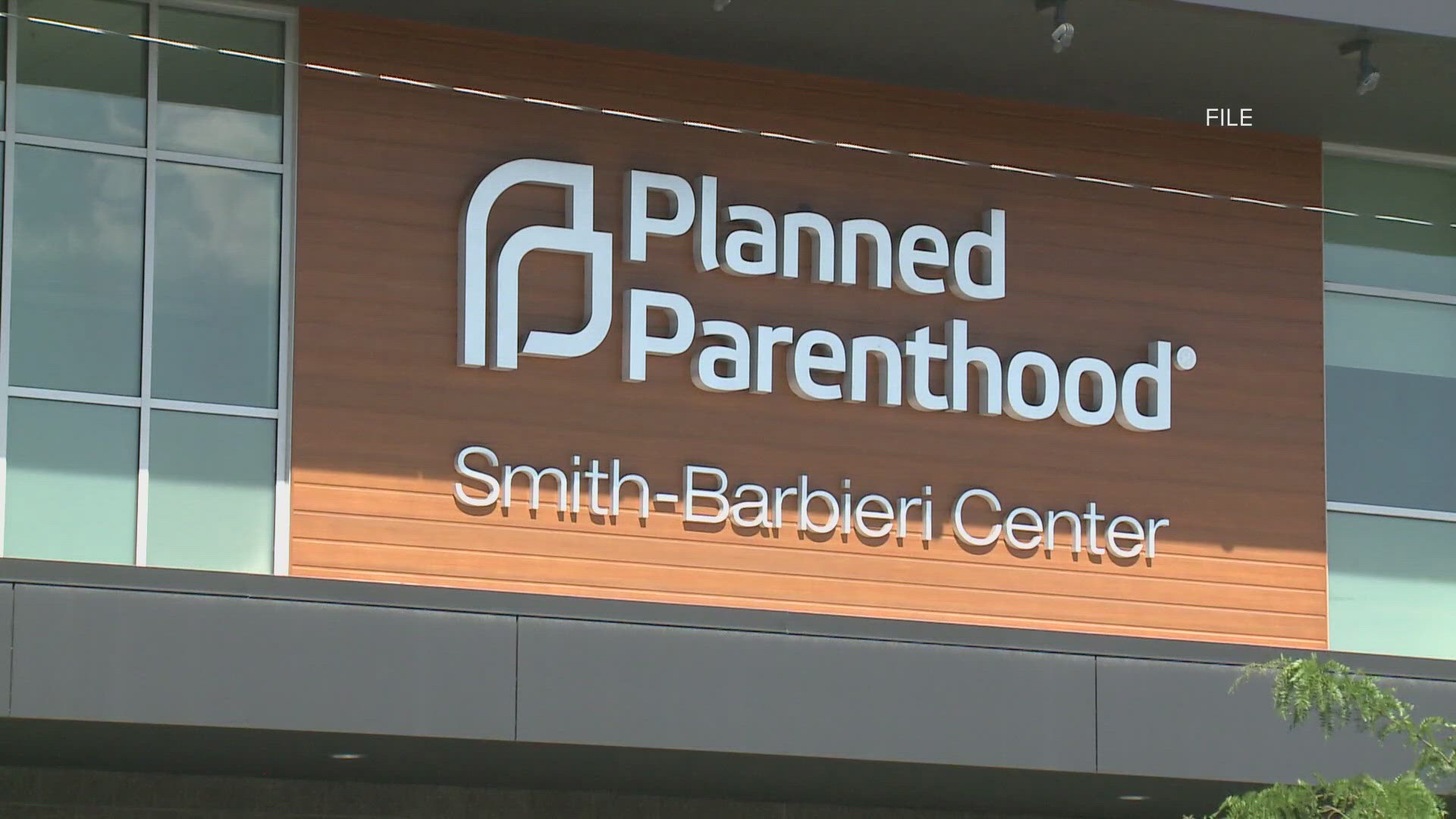BOISE, Idaho — Right now, a federal appeals court is considering arguments against Idaho's strict abortion laws.
Some Idaho medical experts believe those laws violate existing federal protections.
As of now, Idaho State Law prohibits a person from getting an abortion for a medical reason, with exceptions to life-saving measures.
Representatives from our regional Planned Parenthood said those concerns are felt across state lines.
Lindsay Johnson with Planned Parenthood said it's difficult to track the exact number of out-of-state abortions because Idahoans coming to Washington are reluctant to say where they're from.
"We're seeing some folks filling out hotel addresses or giving us the address of the health center where they're being seen," Johnson said.
Johnson said she is seeing a perceived increase in Idaho patients traveling across state lines for the procedure.
"Idaho is claiming that their abortion ban somehow supersedes these federal protections," Johnson said.
Misti DelliCarpini-Tomlan, the Idaho State Director for Planned Parenthood Alliance Advocates, said many people living in Idaho are confused on which law to follow. That confusion is present in medical facilities as well.
Administration from St. Luke's Health System, Idaho's largest hospital system, wrote a brief to the U.S. Supreme Court saying they're in a position of risking state criminal liability by upholding a federal law guaranteeing treatment for a medical condition. That law is known as the Emergency Medical Treatment and Labor Act (EMTALA).
However, the Idaho State Law only allows the procedure in cases of rape and incest during the first trimester or if the condition is life-threatening. A police report also must be filed, according to the law.
"Laws make it difficult for them to provide information and care that patients need," Johnson said.
Idaho Attorney General Raul R. Labrador supports the state regulation, saying in part "Idaho’s law is perfectly consistent with EMTALA, which provides explicit protections for ‘unborn children’ in four separate places."
Johnson said they are still able to treat the number of patients that are coming in. A decision on these arguments is set to be made at a later date.

